Farmer John Writes: People Were Scared
Harvest Week 17, October 18th – 23rd, 2021
2021 has been a bit of a watershed year for Angelic Organics. I will explain why.
In early 2020, we were preparing for, at best, the same number of shareholders we had served in 2019; this was about 2200 shareholders. Our share sales had been declining from a peak of 3100 shareholders in 2015 down to 2200 shareholders in 2019 (a general trend throughout the country). Our 2020 seed order and field plans were designed to feed 2200 shareholders.
(Please don’t let these numbers make you think we are a giant farm; we are a smallish farm that strives for balance between crew, production and sales.)
What Happened?
Then Covid hit. People were scared of food shortages, and we were inundated with CSA signups. How many shareholders could we possibly accommodate? We boldly decided we could handle an additional 1000 shares, knowing that it would require a huge shift in strategy. Could we get the seed? Could we find the extra help? Did we have enough equipment? Did we have the strength? We rounded up the extra seed, the extra help, the extra equipment, and found the extra strength. With the blessing of good weather, we were able to fulfill our commitment to 3200 shareholders last year, 1000 more shareholders than the previous year—resilience, I suppose.
Math detail: about 2/3 of our shareholders receive a bi-weekly (every other week) share, and 1/3 receive a weekly share, so the number of boxes we pack per week is about 2/3 the number of total shareholders we have. In 2020, we packed almost 2100 boxes per week; in 2019, we packed a little over 1400 boxes per week. In 2021, we pack about 1500 boxes per week.)
Another detail: the Covid sales spike enabled us to catch up a bit on a huge backlog of deferred maintenance, given that floods and declining sales had plagued us the prior several years. Last year, we fortified our equipment lineup, upgraded buildings, and replaced completely ruined heating and cooling systems. We also gave substantial raises to our crew.
We Wondered
2020 was a good crop year, which we anticipated would provide good shareholder retention. What, then, should we have planned for 2021 share sales? One thousand shareholders had signed up in 2020 after the first of March and had eaten from our farm for a season. How many of them would return, out of fear or because they simply loved belonging to our farm? When March rolled around this year, we were wondering if there would be another Covid scare, wondering how many people would be signing up for shares at the last minute, due to a possible lockdown or simply the usual tardiness of certain people to join.
Were we on a roll, with citizens finally realizing the health and community benefits of belonging to a CSA? Were the years of strenuous marketing and discounting of shares finally behind us, due to epiphanies realized under the cloud of Covid?
It’s Not that Simple
CSA presents a simple picture of a shareholder signing up for a share and then getting a share of the crop. However, we plan our crop strategy in the year before and begin to execute it in mid summer the prior year with compost application, bed preparation, and cover crops. Actually, half our land is out of production two years prior to the year in which it goes into vegetables to build soil fertility with cover crops as a regenerative farming practice. We have to plan these things way in advance.
Those two years of seeding and tending cover crops in addition to the preparation for the upcoming vegetable production costs the farm close to $100,000 a year. By January and February of the next year, the planning gets even more specific, because we have to order seed. In early March we are seeding in the greenhouse. After all of these preparations last year, when we were already seeding in the greenhouse, we got the call to grow for 1,000 more shareholders. It was almost impossible to manage, but we scrambled and we succeeded.
We Over-Planted this Year (or Past Shareholders Under-Committed?)
We calculated we would lose about half of our new 2020 shareholders in 2021, so, we planned and grew for 2800 shareholders this year. That’s why we are wholesaling some of our crops now, because we over-planted; we have 2400 shareholders, not 2800. The extra crops that we planted were for shareholder sales that never materialized. These extra crops were not paid for with share sales.
I had always wanted to only grow for people who were part of our shareholder community, but with a shrinking community of shareholders and unpredictable share sales, I can only downsize our production or branch out into the wholesale markets.
We Are Now Doing Some Wholesaling
In order to accommodate some of the crop surplus this season, I generally reduced the price of many of our items from $5 to $4, thus facilitating more volume going into each $40 box. (Sometimes this volume was so great that we had to double-box shares.) But, still, I need to recoup the expenses of growing for so many shareholders who never materialized. That’s why we are wholesaling now. That’s why you might see our vegetables for sale in the Chicago area, for instance at Local Foods. Many CSA farms do this—combine a CSA program with a wholesaling program.
Will we recoup the losses from over-planting? Yes, to a large degree, if the wholesalers buy all the surplus, which amounts to about 100,000 pounds of vegetables.
The Thrill of Bounty
As noted, I didn’t really want to grow for people who aren’t part of our shareholder community; however, I like abundance. I like wagons creaking with produce, bins bulging, fields brimming with crops—I like the exquisiteness, the thrill of bounty.
While on this topic of abundance, at the end of our spring planting season, I decided to add in an additional field of fall carrots and two additional fields of winter squash. With the dreadful weather that has often plagued us the past few years, I looked across the fields last spring and thought “things look good now, but what if the weather turns on us and we have a shortfall? We had better plant a larger cushion than usual, just in case.” I always plant a cushion of 10% extra, just in case of adversity, but these extra fields expanded the normal cushion way beyond that. Those fields have yielded about 60,000 pounds of crops, but they were only planted in case of a weather crisis; they were intended as a fallback. Maybe this is a generous impulse; maybe it’s a paranoid impulse. It’s not the perfect CSA arrangement, because it’s a self-funded insurance against catastrophe.
I Don’t Need a Yacht, But…
In addition, scale is important to grow efficiently, to pay the crew adequately, to take care of the buildings, the equipment, and the land. (Jeff Bezos didn’t recently buy his huge yacht by personally delivering each Amazon parcel.) So, we are wholesaling some of our crops out of necessity. Shareholders will still receive bountiful boxes. Shareholders are my priority, but if there aren’t enough of you, I have to either cut back on production or open up new channels for sales. For me, the answer is to open up new channels.
Just to background you a little bit on the expenses here, last year labor was over $500,000. Seed was over $20,000. The repairs for just one tractor were $19,000. Also, note in the paragraph further above that it costs us about $100,000 a year to maintain our soil fertility program.
A Good Arrangement
This is going to work out well. We will grow for the shareholders we love and who love us, and we can grow more for other outlets, just because we love to grow crops. We will no longer be constrained by our growth due simply to the amount of shareholder sales. We will grow everything needed for our commitment to shareholders, and we can grow more for our wholesale accounts, because scale is important, and growing is thrilling.
I’ll add that the wholesale buyers I have approached this fall are quite enthusiastic about featuring produce from Angelic Organics farm, which has fed hundreds of thousands of people in Chicagoland their vegetables for over 30 years.
In addition, we can now be more stringent with policies in our shareholder agreement, because we won’t be depending on our CSA as our only source of sales. In other words, we will emphasize more the requirement for shareholder courtesy in our shareholder agreement, and we will be more quick to cancel rude shareholders. (If you have read recent editions of Farm News, you know that this rudeness and sense of entitlement have escalated and somewhat preoccupied and deflated us these past few years.)
We Still Need to Know
Even though we will be wholesaling some crops, we still need to plan on a certain number of shareholders for the upcoming year, because the composition of crops we grow for shareholders is different than what we will grow for wholesalers, and shareholders are our first priority. We grow a great variety of crops for shareholders and have no impulse to sell that whole range of crops into wholesale markets. We still have the need to know ahead of time how many shareholders to grow for in order to plan the optimal constellation of crops. This is why we need shareholders to join us way in advance for next year (like now), so we can plan our crops accordingly.
In addition, the expenses leading up to the harvest season are mighty—the prior year’s field preparations, the seed orders, the winter machinery and building repairs, the administrative work, and months of field labor planting and tending the crops before the first delivery.
Thank You
Thank you to those of you who have already joined us for 2022. Your commitment is much appreciated.
Please Join Us for Next Year by Friday, October 22nd
So, please join us now if you plan to be with us next year. We are offering a 15% discount for early renewals with coupon code RENEW15, which will expire on Friday, October 22nd.
To sign up for your 2022 CSA share, log in to your membership account, then click on “Purchase or renew subscription”. (To add a 2022 fruit share to your signup, click on “Add-on Fruit Share” in the left-hand column.)
About the Discount
If you don’t need the discount and want to more fully support the farm, we invite you to pay full price. As you probably already surmise, we blur the distinction between your farm and our farm. Since we are a Community Supported Agriculture Farm, in a way you are providing the money to a member of your community who will grow, safeguard and steward your food. Community is about taking care of one another, being there for one another. Please don’t regard us as a seller, and you as a buyer. Regard us as a steward of your well-being, as we regard you as a steward of our well-being and the well-being of our farm.
Warmly,
Farmer John
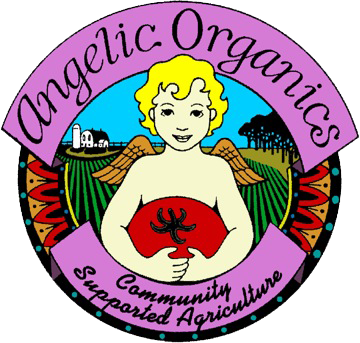
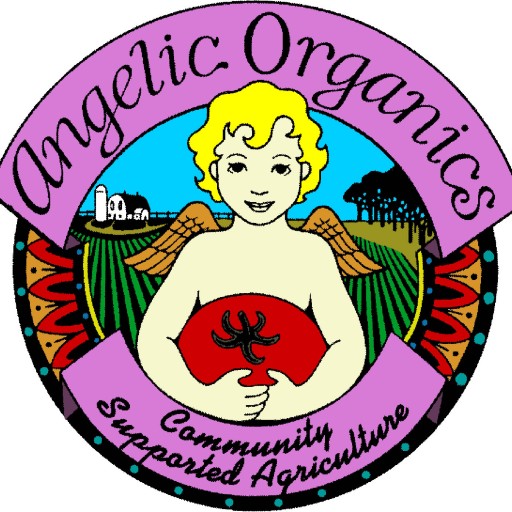
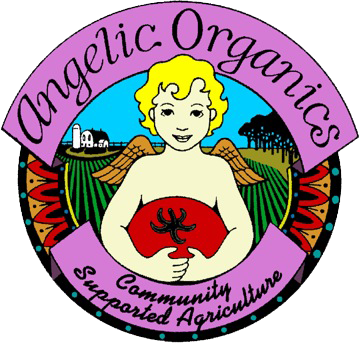
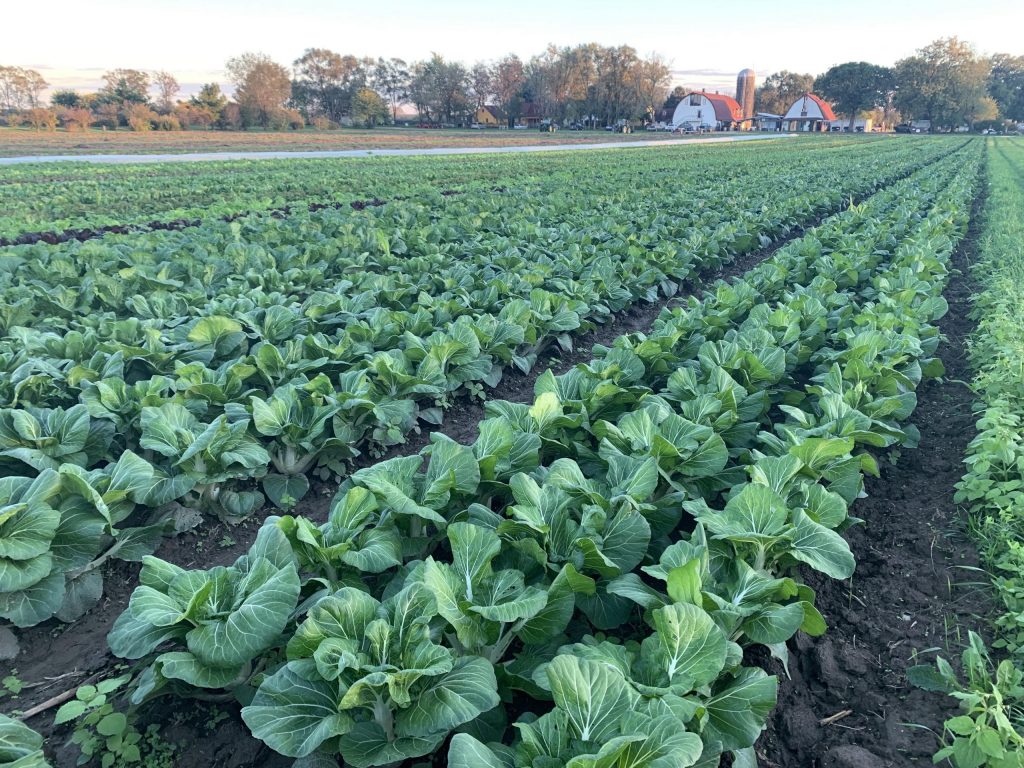
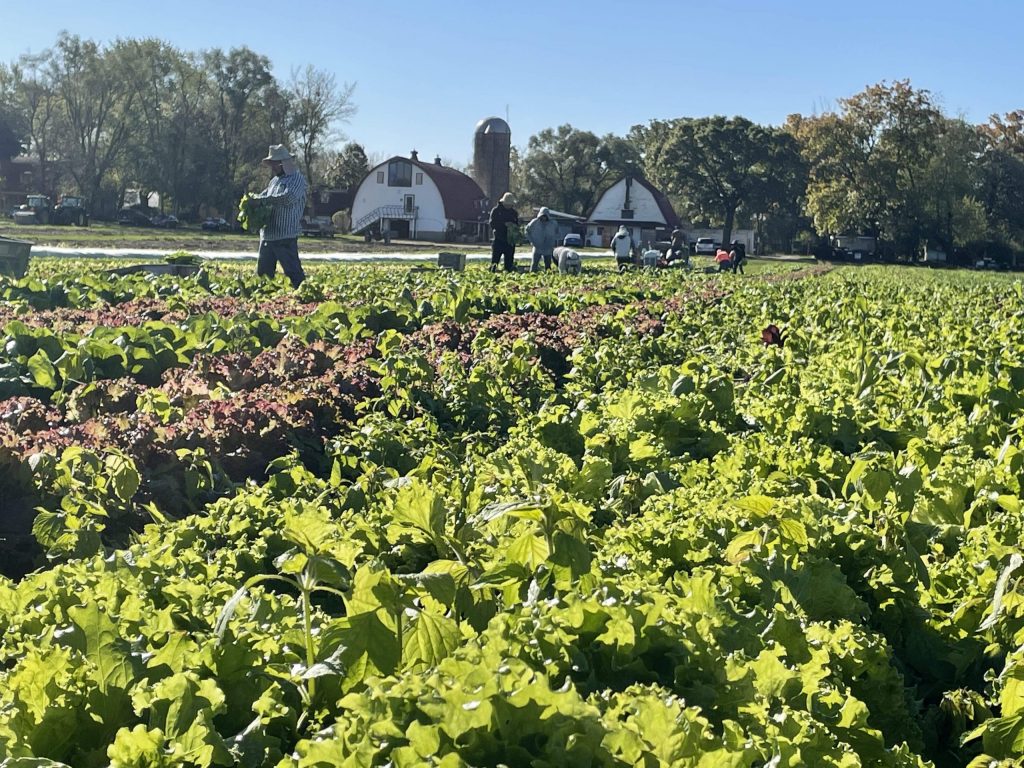

I am retired and it would be a hardship to order so far in advance, I really care but would hurt myself by signing up now. I have been very grateful for my share, I can join in 6 mo. SORRY.
We look forward to hearing from you next year. Nice for you to check in.
Thank you for sharing your story! The logistics behind the planning is unbelievable, I appreciate what you do! This is my first year, I have loved the quality, the customer service and your story telling is what made me renew for 2022. Thank you for sharing your passion with us.
Thanks for continuing into 2022 with a share purchase. Yes, the logistics–yikes. They used to seem daunting, and now that I know so much more about how to go about things, the logistics still seem daunting.
Farmer John, Thank you for your planning, expertise and diligence to provide our community with an organic local food source. I have participated in this CSA for the past 3 years. The boxes have only gotten better as the years have progressed and it has challenged me to find new ways to utilize the variety of produce that I have received. I am happy and blessed to continue into a 4th year of partnership with Angelic Organics.
Wow, thanks for being with us these past few years, some of which were flood years. We appreciate your steadfastness.
Thank you so much for sharing your stories every week. This year is my second year and I’m so excited to sign up for next year. I’m so sorry that you’ve encountered rude behaviour from customers.
Stories…there are so many to share. I could write them hour after hour, day after day. Life is interesting, no?
Double red letter day last Friday. Visited Angelic Organics for the first time at the urging of my sister (new subscriber). What an impressive operation and extensive collection of vegetable growing tractors and implements. I can only imagine how much time was spent researching, finding, and rehabbing these very specialized and rare farm tools. Then, we traveled much further south and west to discover (for the first time) bushels of giant puffball mushrooms dotting the landscape on my farm parcel near Dixon. (Something not found in a grocery store due to its very short shelf life but I understand foragers will walk for miles to find one.) You never know what you will discover on a farm visit field day!
Jeff, I wish I had run across you when you were out here. I would have given you more of a tour. Thanks for visiting. I enjoy your observations about farms and farming.